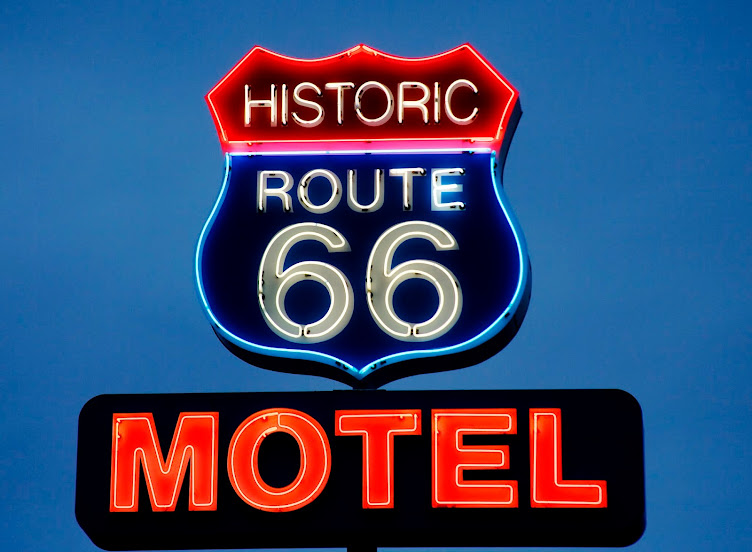Sunday, August 23, 2015
Andrew Barger Book Sales Heat Map
Above is a heat map showing where my books sell in the United States, with a few caveats. The first is that it is where my physical books sell, not ebooks. I sell about 20% more ebooks that physical books. The second is that it is only sales via Amazon.com, which is where I got the heat map. As a free service to its authors, Amazon publishes sales data through its Digital Text Platform.
It is surprising to me that Boston does not rank higher on the list. Boston does, after all, claim Edgar Allan Poe as it own. I have edited a number of Poe books and his annotated horror stories appear in 6a66le: The Best Horror Short Stories 1800-1849.
To the fine (and intelligent) Andrew Barger readers in Los Angeles--thank you very much. The same goes for New York and D.C. and Chicago. You are a good-looking bunch of intellectuals!
#BookHeatMap #AmazonDTP #AndrewBarger
Labels:
amazon dtp,
barger book sales,
book heat map
Saturday, August 8, 2015
Review of "We the Living" by Ayn Rand
In her debut novel, Ayn Rand has penned a masterpiece of literature simply titled, We the Living. The novel likely did more to weaken the early foundations of the Union of Soviet Socialist Republics (U.S.S.R.) than any waving of guns or thumping of politicians’ chests, and this is why.
Published in 1936, We the Living has it all—intrigue, one of the strongest female characters ever created in literature, and a tight plot that will leave readers guessing until the end. I won’t give anything away, but let’s just say that it is a classic love tragedy. The novel's only minor annoyance is frequent calling of character's names when it is clear who is speaking. She also used the first and last names of the characters much too often. Again, a minor annoyance.
Ayn Rand stated that it was “as near to an autobiography as I will ever write.” The author had fled Russia ten years earlier in 1926. What is amazing is her command of the English language in the novel. I found very few mistakes of grammar or turns of phrase. The start of her writing career sandwiches her first work between the novels of Tolstoy and Nabokov, two other great Russian writers that left their mark on literature. We the Living is a condemning portrayal of the U.S.S.R. from the belly of the beast that wastes no time blowing holes in the confining foundations of a doomed Marxist-Leninist regime.
Since this is Ayn Rand’s first novel, it is where she began fleshing out—in a fictional manner—the constructs of her philosophy of living called Objectivism. It purports that each person should live according to what is best for their particular life and wellbeing. That may cause you to set down your burrito and say, “Hold the hot sauce that it sounds like humanism.” Yes, it does in many ways.
The main difference from my perspective is that a humanist relies on other humanists to reach the ultimate (albeit very selfish) state of being. Think of it as crowd-sourced happiness. An objectivist, on the other hand, relies on no one but themselves to reach their ultimate state of happiness and enjoyment.
Regardless, your objective should be to get to a library or bookstore and grab a copy of We the Living. It is not to be missed.
#WetheLiving #AynRand
Subscribe to:
Posts (Atom)


